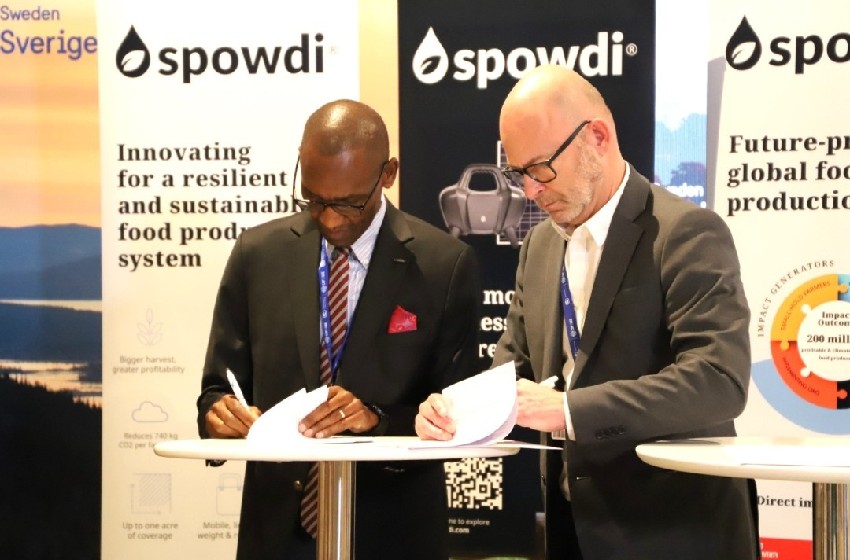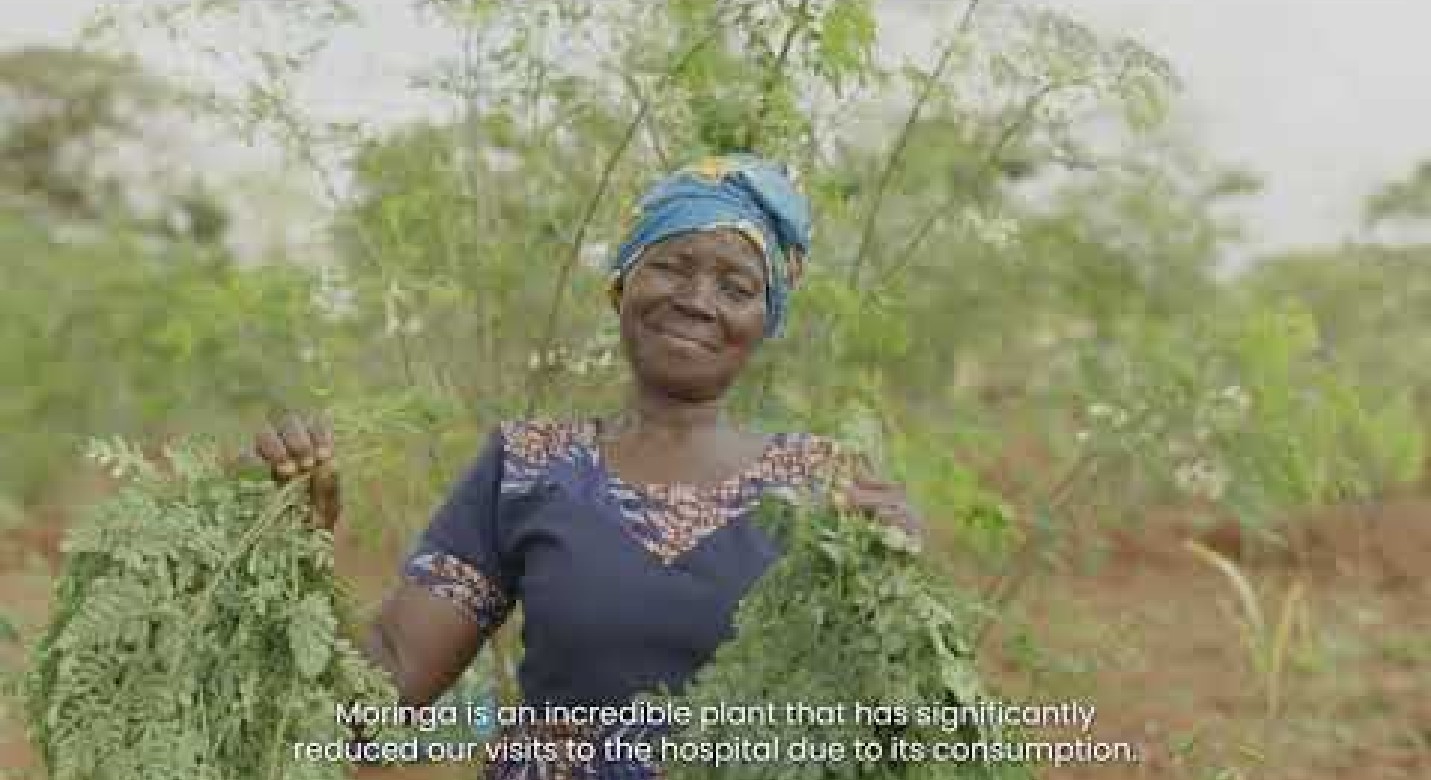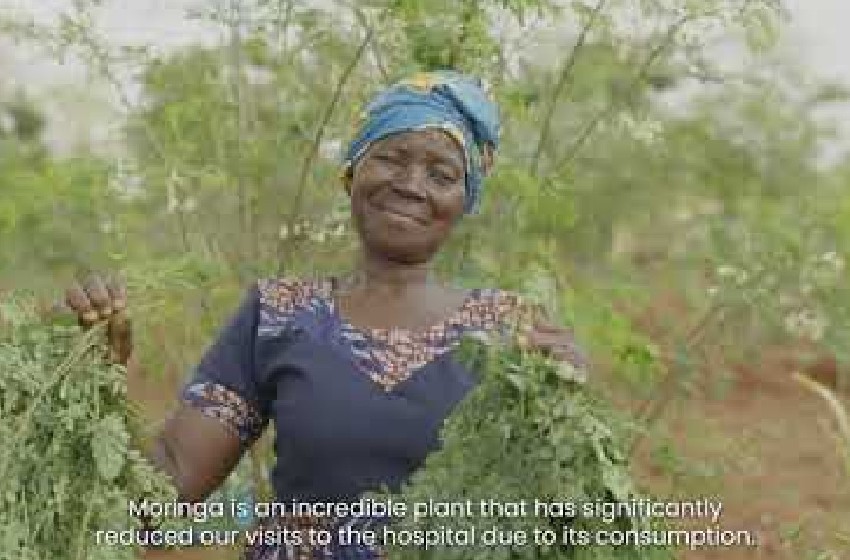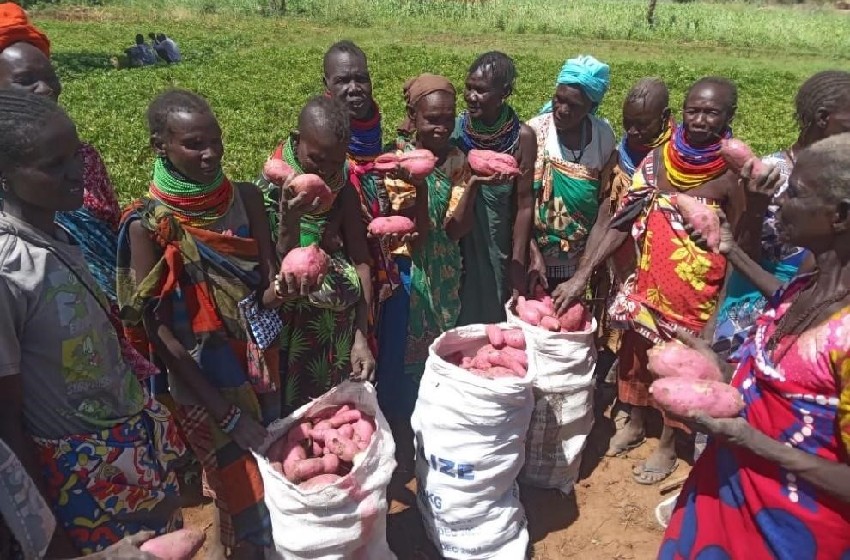
ChildFund and green tech innovator Spowdi have joined forces to promote sustainable smart farming among small-hold farmers in Kenya. The...
ChildFund’s food security and livelihoods programs aim to alleviate hunger and improve the economic stability of vulnerable communities in Kenya, where food insecurity has reached alarming levels.
Recent data indicates that 14.8 million Kenyans suffered from severe food insecurity at the end of 2022, a significant increase from previous years. The prevalence of food insecurity jumped from 15% between 2014-2016 to 28% between 2020-2022. Factors such as erratic weather patterns, rising inflation, and the lingering effects of the COVID-19 pandemic have exacerbated this crisis.
ChildFund’s programs focus on addressing the root causes of food insecurity by promoting sustainable agricultural practices, improving market access, and enhancing household resilience to shocks like climate change.
In addition to agricultural support, ChildFund’s programs emphasize the importance of nutrition, particularly for children and pregnant women, to combat malnutrition.
Facts and figures from 2023 data.
ChildFund tackles the underlying issues of food insecurity through a multifaceted strategy, aiming to create lasting solutions rather than temporary relief
ChildFund delivers life-saving food aid during crises to ensure children and families receive essential nutrients.
By promoting environmentally friendly farming techniques, ChildFund helps farmers increase productivity through better seeds, tools, and sustainable farming practices. We provide training, resources, and equipment to smallholder farmers to help increase agricultural productivity and diversify income sources while promoting economic growth.
The programs assist farmers in accessing local and regional markets, ensuring they can sell their produce at fair prices. This involves building infrastructure, providing market information, and facilitating connections between farmers and buyers.
ChildFund works to make households more resilient to shocks such as climate change, economic crises, and other disruptions. This includes diversification of income sources, savings groups, and community-based disaster risk reduction strategies.
We provide training in smart farming techniques, business skills, and financial literacy, and supply the necessary resources such as seeds, tools, and livestock to support agricultural and economic activities.
Recognizing the critical importance of nutrition, especially for children and pregnant women, ChildFund implements school feeding programs, nutritional education, and promotes kitchen gardens to improve dietary diversity and combat malnutrition
Known as the “miracle tree”, Moringa is improving livelihoods and nutrition in Emali. Moringa Oleifera is a fast-growing, multipurpose tree that has leaves that can be eaten like spinach, roots, barks and leaves that can be dried and made into health supplements or ailment treatments, and seeds that can be used to aid water purification.
Over 100 farmers are now cultivating moringa, and benefiting from the Moringa Value Chain Project. This initiative includes a commercial processing plant and is implemented in Kajiado and Makueni Counties with funding from the New Zealand government, ChildFund New Zealand, Barnfonden, and ChildFund Kenya. The project not only enhances local farming practices but also provides farmers with access to new markets, enabling them to enjoy the economic advantages of moringa cultivation.

Women Leading Agriculture: Growing Moringa in Emali
In Emali, women farmers are thriving thanks to the Moringa value chain project. Moringa is transforming lives by boosting both nutrition and household income, providing sustainable opportunities for these communities to prosper.

ChildFund and green tech innovator Spowdi have joined forces to promote sustainable smart farming among small-hold farmers in Kenya. The...

In the arid Emali region, the Moringa Value Chain Project, implemented through funding from New Zealand government (Ministry of Foreign...

In the arid and semi-arid lands (ASALs) of northern Kenya, the harsh climate of Turkana and Samburu counties has long...
You can see how this popup was set up in our step-by-step guide: https://wppopupmaker.com/guides/auto-opening-announcement-popups/